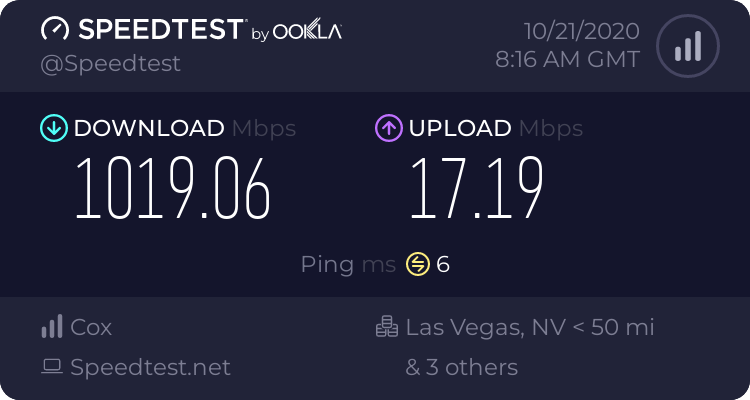J
jsz
Guest
However the most impressive thing about the AX86U was the dramatically noticeable improvement in decreased latency. Several reviews like CNET measured the lowest latency of any router they ever tested... https://www.cnet.com/news/asus-rt-ax86u-wi-fi-6-router-review/ "the RT-AX86U is just flat-out fantastic at handling latency, and easily the best router I've ever tested when it comes to lag."
For online gamers this is a huge advantage. If you aren't into online gaming maybe it's not such a big deal but when you consider the time and money online gamers invest in their setups that extra cost for having an ultra low latency wireless router like the AX86U is well worth it. Needless to say I am also an online gamer and I am not hiding the fact that I have become a huge fan of the RT-AX86U.
Latency wise, I think the biggest advantage comes from 160mhz blocks, but it could also be the faster radio SoCs and better QAM modulation with AX clients that helps quite a bit. In fact, I'm pretty sure its all of the above.
AX86U is a great router and I'm sure future updates will push it past the GT-AC2900 that I ended up keeping for cost purposes. My plan was to upgrade to Triband 6E or future renditions anyway after 2-3 years. Just didn't seem logical to keep.


